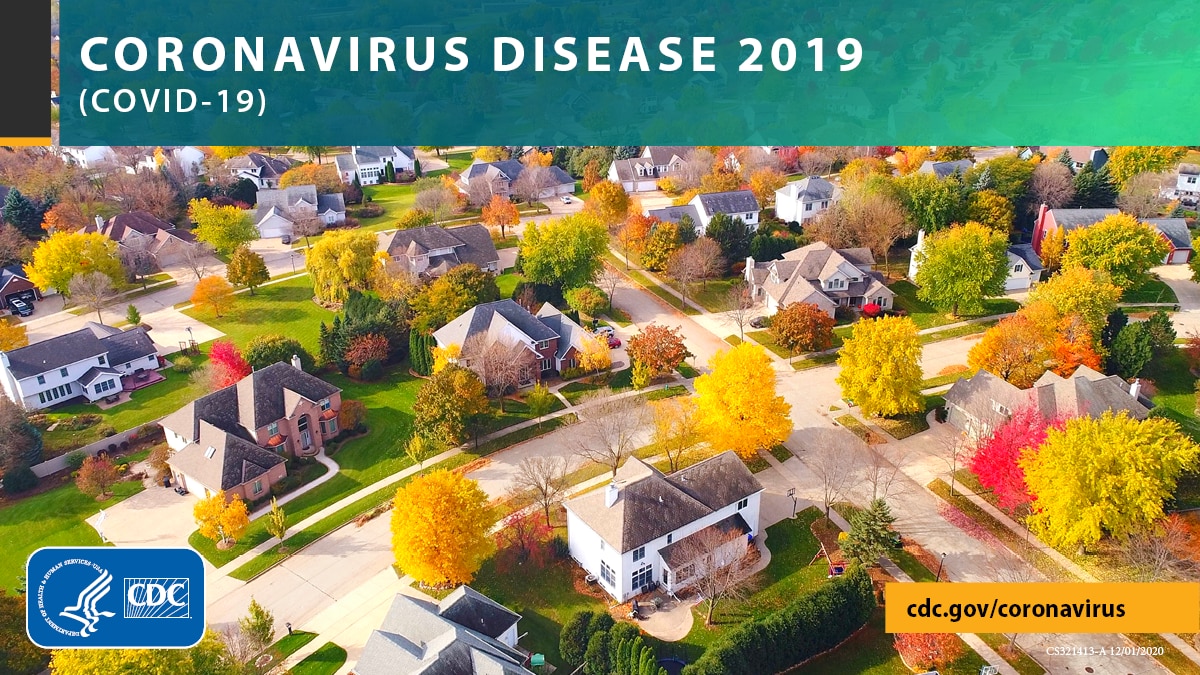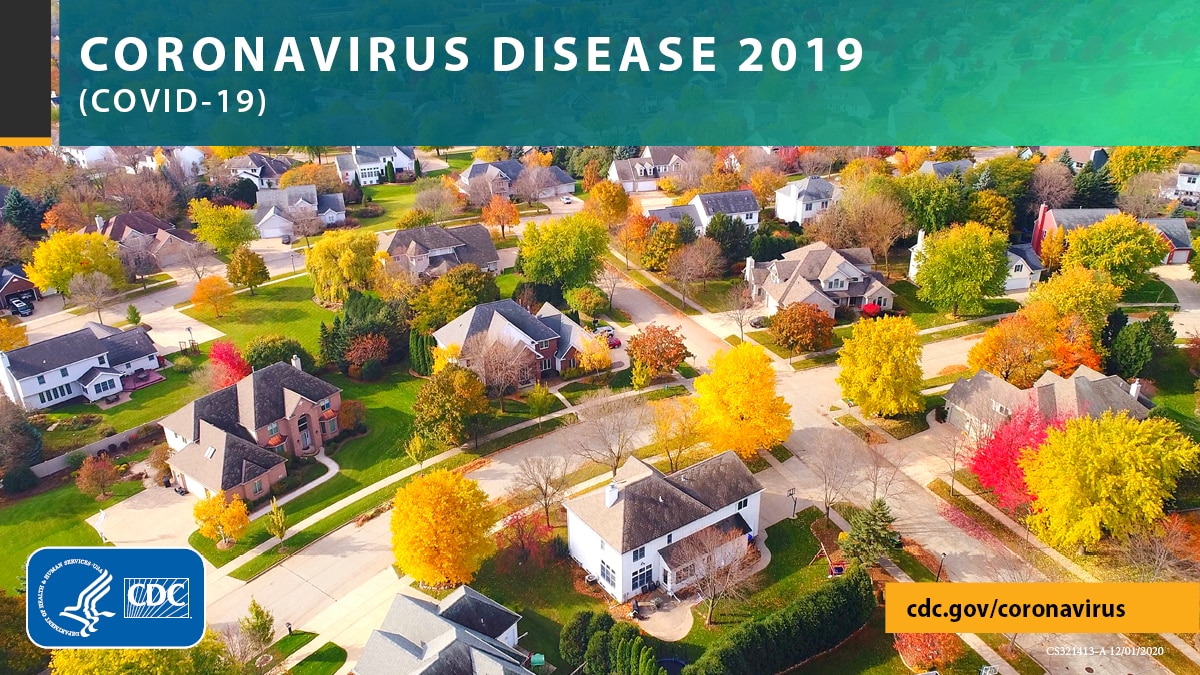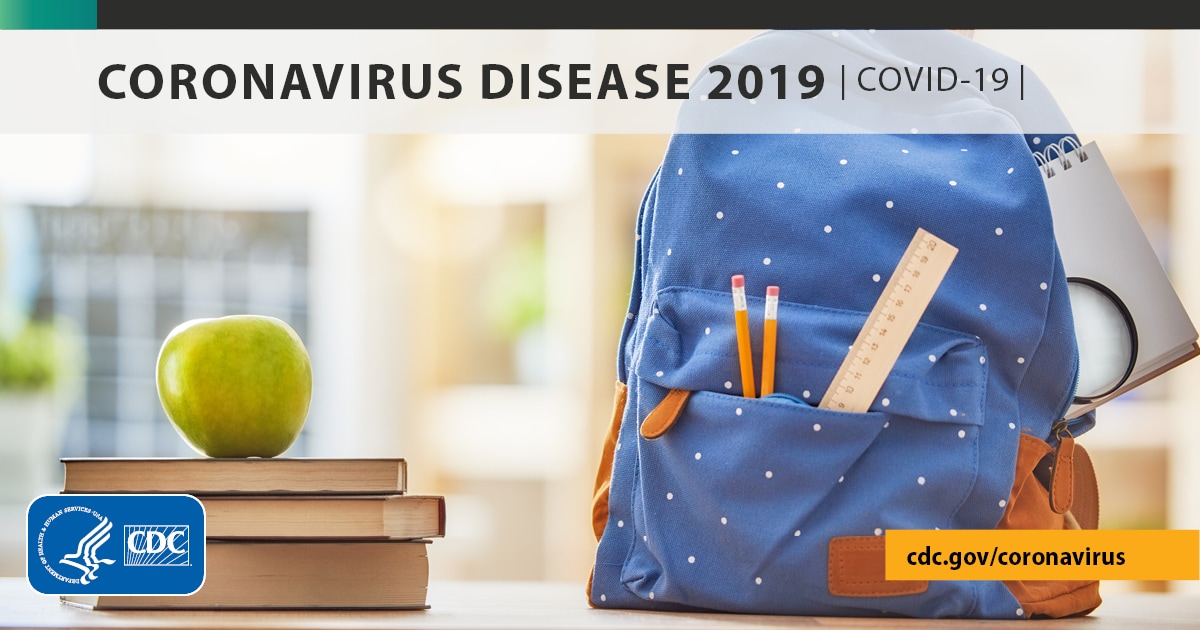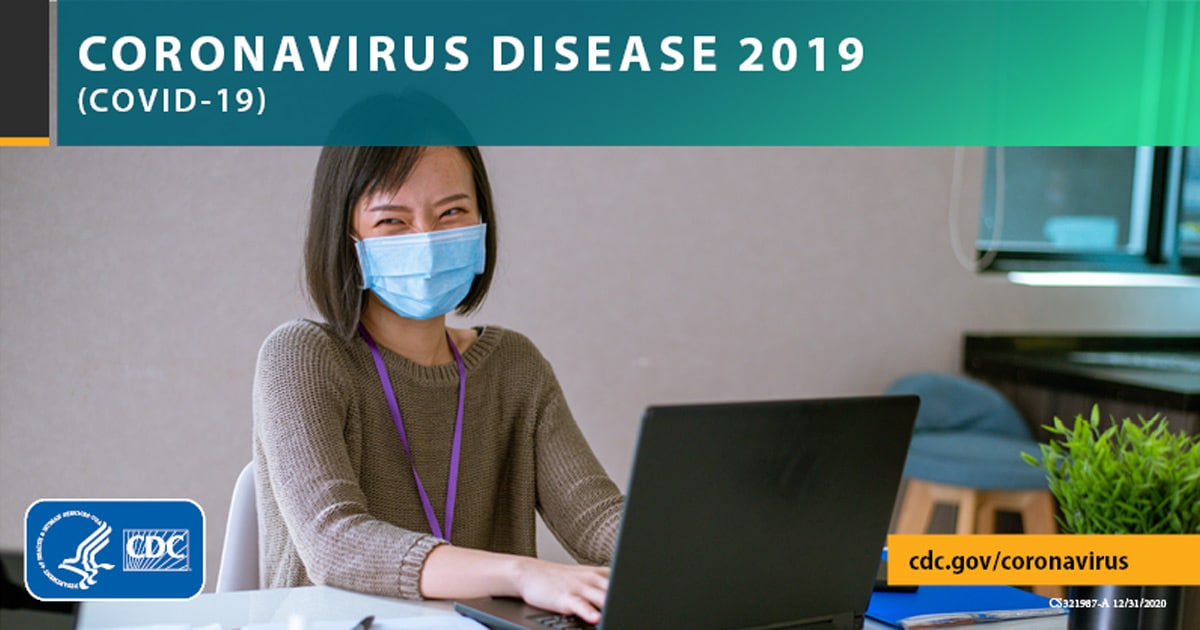Vaccination Considerations for People Pregnant or Breastfeeding
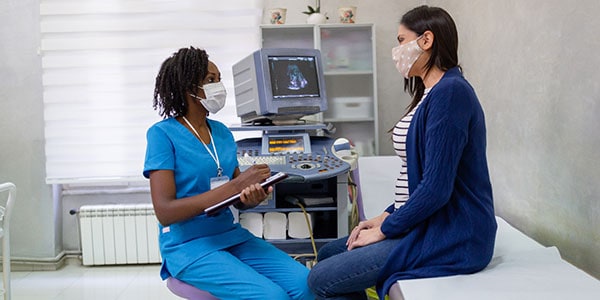
Getting vaccinated is a personal choice
If you are pregnant, you can receive a COVID-19 vaccine. You may want to have a conversation with your healthcare provider to help you decide whether to receive a vaccine that has been authorized for use under Emergency Use Authorization. While a conversation with your healthcare provider may be helpful, it is not required prior to vaccination.
Key considerations you can discuss with your healthcare provider include:
- How likely you are to being exposed to the virus that causes COVID-19
- Risks of COVID-19 to you and the potential risks to your fetus or infant
- What is known about COVID-19 vaccines:
- How well they work to develop protection in the body
- Known side effects of vaccination
- Limited, but growing, information on the safety of COVID-19 vaccination during pregnancy
- How vaccination might pass antibodies to the fetus. Recent reports have shown that people who have received COVID-19 mRNA vaccines during pregnancy (mostly during their third trimester) have passed antibodies to their fetuses, which could help protect them after birth.
If you are pregnant and have questions about COVID-19 vaccine
If you would like to speak to someone about COVID-19 vaccination during pregnancy, please contact MotherToBaby. MotherToBaby experts are available to answer questions in English or Spanish by phone or chat. The free and confidential service is available Monday–Friday 8am–5pm (local time). To reach MotherToBaby:
Follow recommendations to prevent the spread of COVID-19 after vaccination
If you are pregnant and decide to get vaccinated, you may be able to start doing some things that you had stopped doing because of the pandemic after you are fully vaccinated. Learn more about what you can do when you have been fully vaccinated.
Vaccine side effects
Side effects can occur after receiving any of the available COVID-19 vaccines, especially after the second dose for vaccines that require two doses. Pregnant people have not reported different side effects from non-pregnant people after vaccination with mRNA vaccines (Moderna and Pfizer-BioNTech vaccines). If you experience fever following vaccination you should take acetaminophen (Tylenol®) because fever —for any reason— has been associated with adverse pregnancy outcomes. Learn more at What to Expect after Getting a COVID-19 Vaccine.
Although rare, some people have had allergic reactions after receiving a COVID-19 vaccine. Talk with your healthcare provider if you have a history of allergic reaction to any other vaccine or injectable therapy (intramuscular, intravenous, or subcutaneous).
Key considerations you can discuss with your healthcare provider include:
- The unknown risks of developing a severe allergic reaction
- The benefits of vaccination
If you have an allergic reaction after receiving a COVID-19 vaccine during pregnancy, you can receive treatment for it.
People who are breastfeeding
Clinical trials for the COVID-19 vaccines currently authorized for use under an Emergency Use Authorization in the United States did not include people who are breastfeeding. Because the vaccines have not been studied on lactating people, there are no data available on the:
- Safety of COVID-19 vaccines in lactating people
- Effects of vaccination on the breastfed baby
- Effects on milk production or excretion
Based on how these vaccines work in the body, COVID-19 vaccines are thought not to be a risk to lactating people or their breastfeeding babies. Therefore, lactating people can receive a COVID-19 vaccine. Recent reports have shown that breastfeeding people who have received COVID-19 mRNA vaccines have antibodies in their breastmilk, which could help protect their babies. More data are needed to determine what protection these antibodies may provide to the baby.
People who would like to have a baby
If you are trying to become pregnant now or want to get pregnant in the future, you can receive a COVID-19 vaccine.
There is currently no evidence that any vaccines, including COVID-19 vaccines, cause fertility problems—problems trying to get pregnant. CDC does not recommend routine pregnancy testing before COVID-19 vaccination. If you are trying to become pregnant, you do not need to avoid pregnancy after receiving a COVID-19 vaccine. Like with all vaccines, scientists are studying COVID-19 vaccines carefully for side effects now and will report findings as they become available.

